Evan Cory Volleyball: Lessons on Leadership, Resilience, Energy, and Human Design in Sports
Mar 12, 2025In last week’s Flashback Friday blog featuring the What I Meant to Say with Wendy Jones podcast, we revisit an insightful conversation with Evan Cory, a rising star in professional beach volleyball. From navigating the challenges of Hurricane Katrina as a child to making a name for himself on the AVP Tour, Evan’s story is a testament to the power of resilience, leadership, and energetic awareness—key principles that align closely with Human Design and its impact on coaching and athletic performance.
Many athletes struggle with performance plateaus and mental health challenges, and understanding individual energy makeups and the pressures of public scrutiny in sports can play a critical role in overcoming these obstacles and enhancing athletic performance.
Whether you’re a coach, athlete, or parent, this episode offers invaluable lessons on team dynamics, energy management, and personal growth—all of which are essential for peak performance on and off the court.
Introduction to Athlete Resilience
Athlete resilience is a cornerstone of sports performance, enabling individuals to bounce back from setbacks, injuries, and failures with renewed vigor. Developing mental toughness, coping skills, and a growth mindset is essential for navigating the relentless challenges of competitive sports. By embracing these principles, athletes can transform obstacles into opportunities for personal growth and improved mental health. Coaches, athletes, and sports psychologists must work in unison to create a supportive environment that nurtures resilience, fostering a culture where athletes can thrive both on and off the field.
Finding Your Competitive Edge: Leadership & Energy Awareness in Human Design
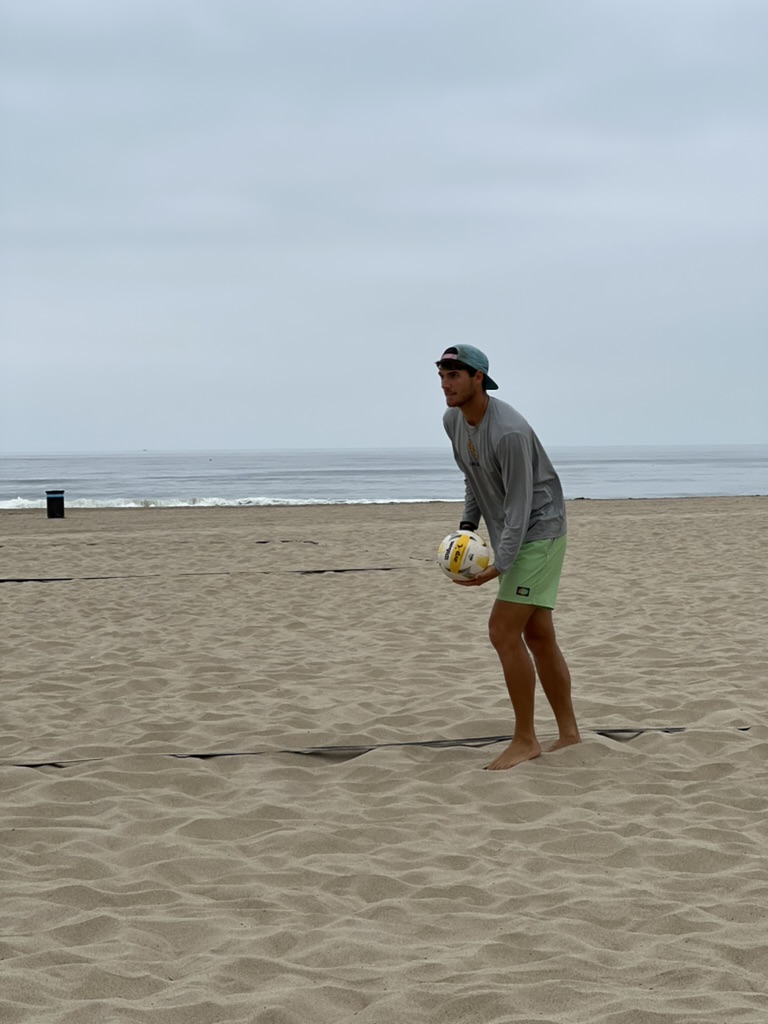
One of the most striking themes in Evan’s journey is his ability to adapt, lead, and elevate his game despite challenges. This speaks directly to the Human Design framework, which helps athletes and coaches understand their unique energy blueprint and how they interact with others.
Manifesting Generator Drive & The Need for Experimentation
Evan’s path—marked by rapid growth, trial and error, and an unstoppable work ethic—mirrors that of a Manifesting Generator (MG) in Human Design. MGs thrive when they follow their gut, test different approaches, and learn through experience rather than rigid structure.
Key takeaway for athletes and coaches:
➡ Encourage adaptability and curiosity in training. Allow athletes to try different techniques, play multiple positions, and find what fuels their excitement, especially if they are MGs.
The Role of Emotional Resilience in Sports Psychology & Life
Evan’s story is deeply tied to overcoming adversity, from Hurricane Katrina as a second grader to navigating the pressures of elite competition. Emotional resilience can significantly improve mental health, particularly in the context of athletic performance. He emphasizes how struggles in his personal life have fueled his ability to love deeper and fight harder in his sport.
Undefined Emotional Center & Mental Toughness in Handling Pressure
Athletes with an undefined Solar Plexus (Emotional Center) often absorb the emotions of those around them, making high-stakes environments challenging. Learning to differentiate their own feelings from external energy is key to building emotional resilience.
For coaches:
➡ Teach athletes how to ground themselves before competition and avoid getting caught in the emotional highs and lows of others.
➡ Encourage pre-game routines (breathwork, meditation, visualization) to help stabilize their emotions.
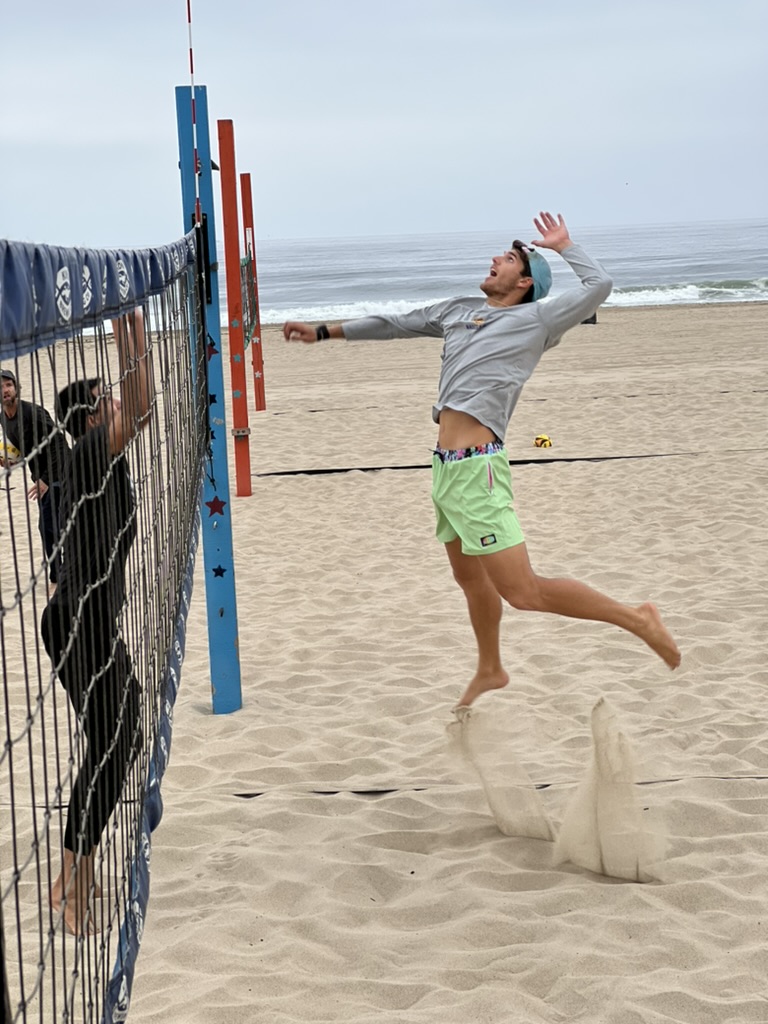
For athletes:
➡ Recognize when you’re taking on energy that isn’t yours—whether from a coach, teammate, or the crowd.
➡ Use tools like body awareness, journaling, or energy-clearing practices to stay centered.
Mental Health in Sports
Mental health is a critical concern in the world of sports, with many athletes struggling to cope with the immense pressure to perform, constant criticism, and public scrutiny. The stigma surrounding mental health issues often prevents athletes from seeking the help they need, exacerbating the problem. Promoting psychological safety is paramount, and sports psychologists play a vital role in this process. By helping athletes develop effective coping skills and build resilience, they can significantly improve their overall mental well-being. Emerging trends in sports psychology, such as integrating Human Design, offer personalized insights into an athlete’s strengths, challenges, and energy blueprint, enabling more effective coaching and support tailored to each individual’s needs.
Personal Growth through Sports
Sports serve as a powerful catalyst for personal growth, equipping athletes with essential life skills such as discipline, teamwork, and communication. Leveraging the principles of Human Design, athletes can gain a deeper understanding of their strengths, weaknesses, and motivations, empowering them to make informed decisions about their careers and personal lives. Through sports, athletes develop mental toughness, build resilience, and cultivate a growth mindset—key attributes for overcoming obstacles and achieving success in all areas of life. By embracing these principles, athletes can unlock their full potential and lead more fulfilling lives.
Bringing Different Personalities Together: The Art of Leadership
Evan shared how playing at Lincoln Memorial University required him to bridge different cultures and personalities to create a cohesive team dynamic.
Projectors as Coaches: Guiding Without Forcing
Great coaches often embody Projector energy, meaning they see the bigger picture and guide others toward success without overexerting themselves. Instead of trying to push every player the same way, Projector coaches thrive when they wait for the right moment to offer wisdom.
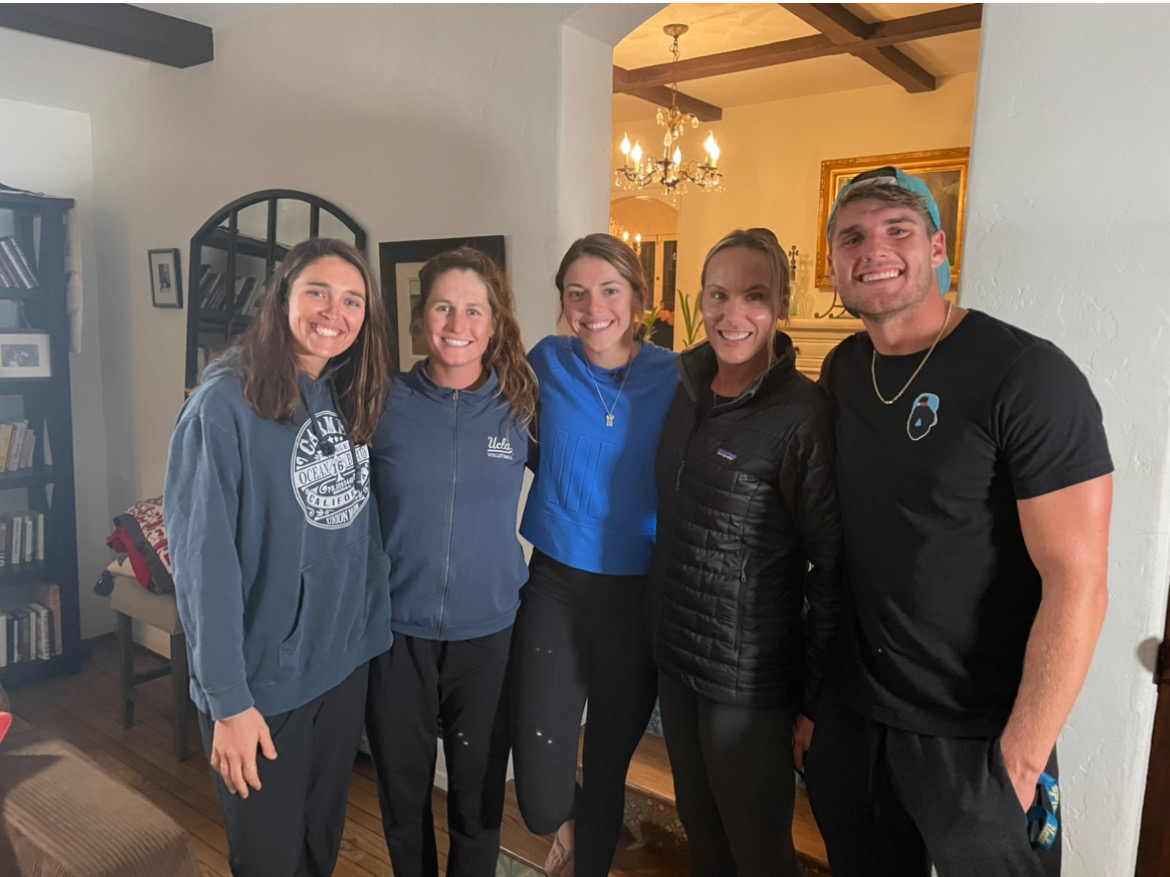
Coaching Tip:
➡ Observe first, guide second—let athletes come to you for insight rather than micromanaging every aspect of their game.
➡ Focus on tailored communication—different energy types need different coaching styles.
Building Resilience through Self-Awareness
Self-awareness is a critical component of building resilience in athletes. By understanding their thoughts, emotions, and behaviors, athletes can develop a greater sense of control and agency, enabling them to navigate challenging situations more effectively. Human Design offers a powerful tool for self-reflection, providing athletes with personalized insights into their energy blueprint, strengths, and challenges. By integrating Human Design into their coaching practice, sports psychologists can help athletes develop a deeper understanding of themselves, build resilience, and improve their overall mental health. This holistic approach fosters a more resilient and mentally healthy athletic community.
Effective Communication in Teams
Effective communication is essential for building strong, resilient teams in sports. Understanding the different energy types and communication styles of team members allows coaches to create a more harmonious and supportive team environment. For instance, Manifesting Generators may require more direct and assertive communication, while other energy types might benefit from more collaborative and empathetic approaches. By tailoring communication strategies to the unique needs of each team member, coaches can foster greater trust, cooperation, and resilience. This personalized approach not only enhances team dynamics but also leads to improved sports performance, mental health, and success, creating a winning formula both on and off the field.
Harnessing Crowd Energy & Playing with Presence
Evan thrives when he’s in sync with the energy of the crowd, stating,
"For the most part, if you love the energy of people, getting the crowd on your side is a huge advantage."
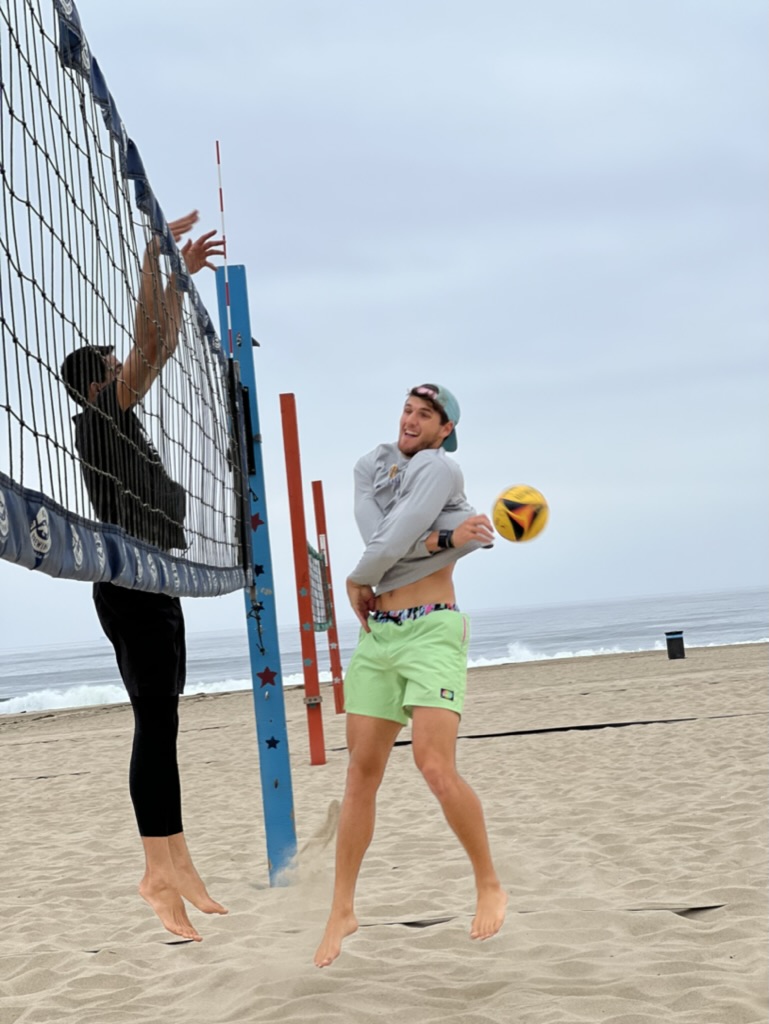
Defined Throat Center & Influence on the Court
Athletes with a defined Throat Center are natural communicators and crowd influencers. They command attention with their words, body language, and presence on the court.
Takeaways for Athletes:
➡ Learn to control your energy—whether hyping up the crowd or keeping your composure under pressure.
➡ Be mindful of what you say on the court—words carry vibrational energy that can shift the game’s momentum.
For coaches:
➡ Identify who on your team naturally leads with their voice and energy. Give them the space to express themselves and uplift teammates.
The Power of Consistency: Building a Brand in Sports & Business
Evan highlights that one of the most important factors in building a brand as an athlete is consistency—both in performance and presence.
Future directions in sports branding and personal development can significantly impact athletes' careers, shaping how they are perceived and how they connect with their audience.
“I think the biggest part of building your brand is being consistent.” – Evan Cory
Human Design & Finding Your Authentic Brand Voice
Your energy type and defined/undefined centers impact how you show up in your sport and brand presence.
✅ Generators & Manifesting Generators: Thrive by doing what they love repeatedly, letting their passion shine through their brand.
✅ Projectors: Best suited to thought leadership, deep insights, and creating value through coaching or mentorship.
✅ Manifestors: Natural trendsetters—their brand is strongest when they take bold, innovative actions.
✅ Reflectors: Their brand thrives on authentic storytelling, deep reflection, and mirroring the collective experience.
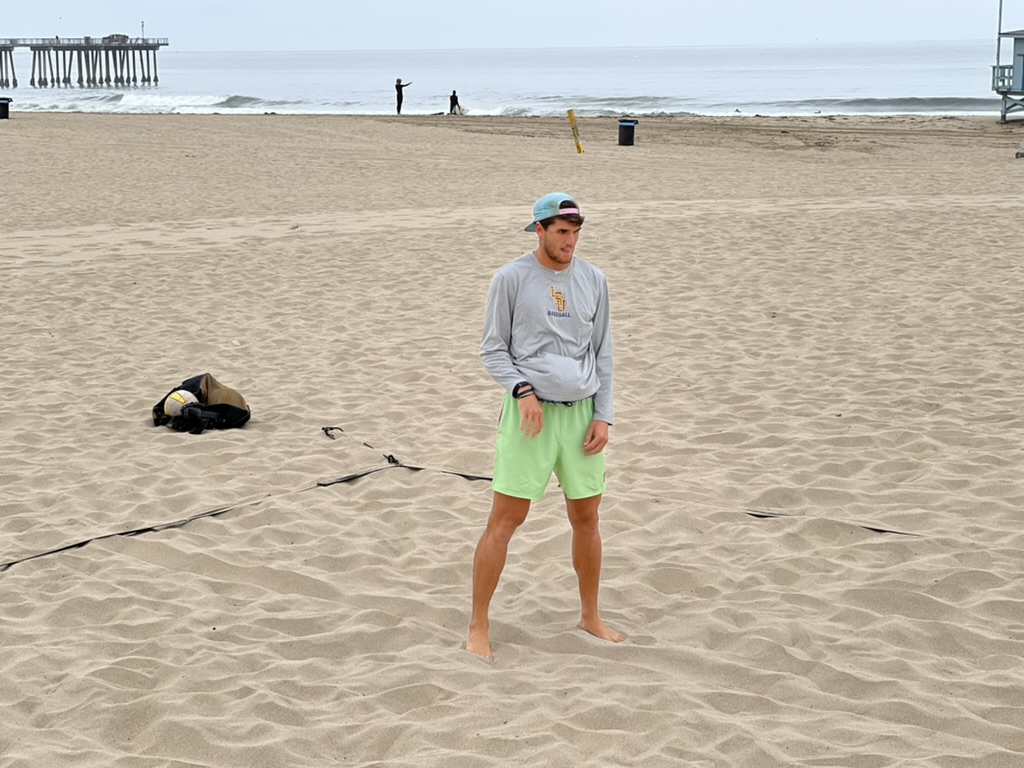
Takeaway for Athletes & Entrepreneurs:
➡ Build a brand that aligns with who you naturally are, not what you think you “should” be.
Final Takeaways: Always Go. Always Try.
Evan’s story is a powerful reminder that in sports—and in life—resilience, self-awareness, and a willingness to embrace the unknown are the keys to success. A systematic review of resilience and mental health strategies can provide valuable insights for athletes.
His advice? 💡 “Always go. Always try. Because trying is a beautiful thing and you never know if you don’t try.”
At BeBetter.Life, we believe that self-awareness is the greatest gift we can give the next generation of athletes, coaches, and leaders. Human Design, through Alchemy for Athletes and Coaches, provides a framework to help individuals play to their strengths, manage their energy, and create lasting impact—on and off the court.
Listen to the Full Episode & Connect with Evan Cory
🎧 Podcast Episode: What I Meant to Say – Evan Cory
🌐 Evan’s Website: BlueNoseBeach.com
📲 Follow Evan on Instagram: @evancoryvolley
Want to learn more about how Human Design can elevate your coaching and athletic performance?
📩 Sign up for our Human Design Coaching Blueprint for Athletes & Coaches at BeBetter.Life!

